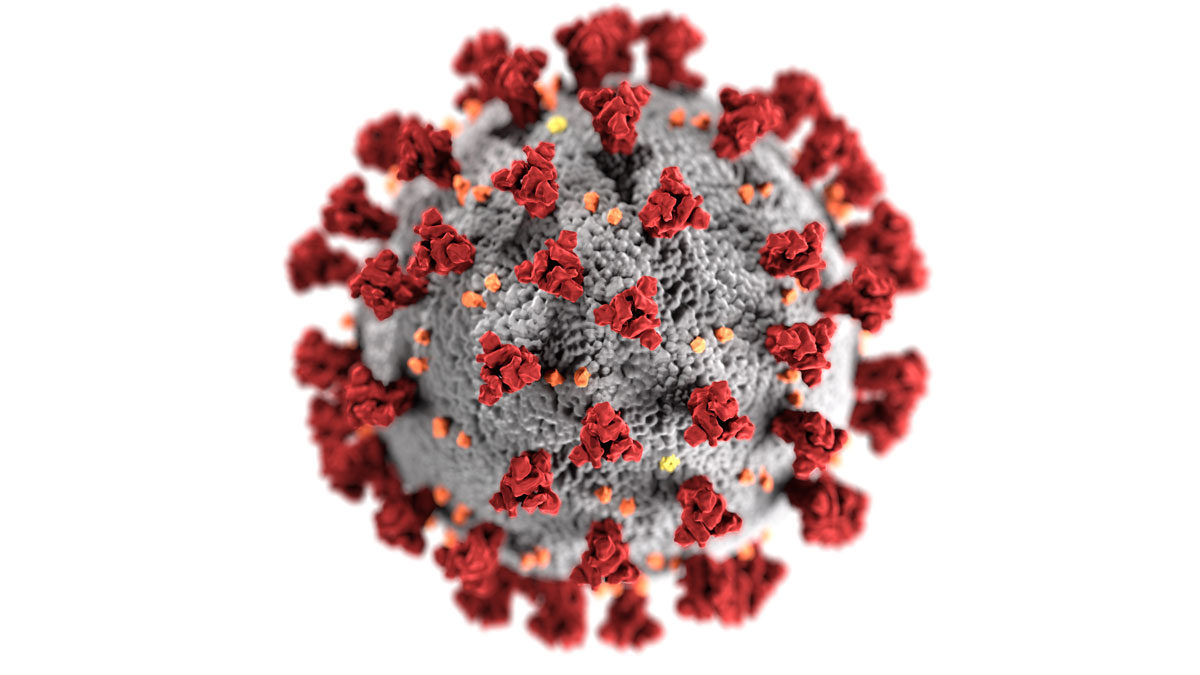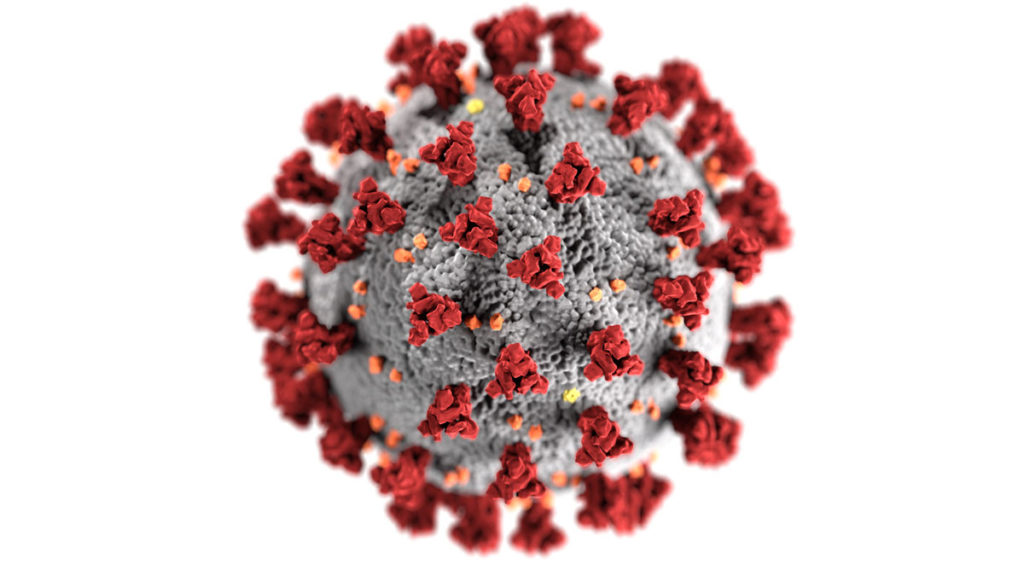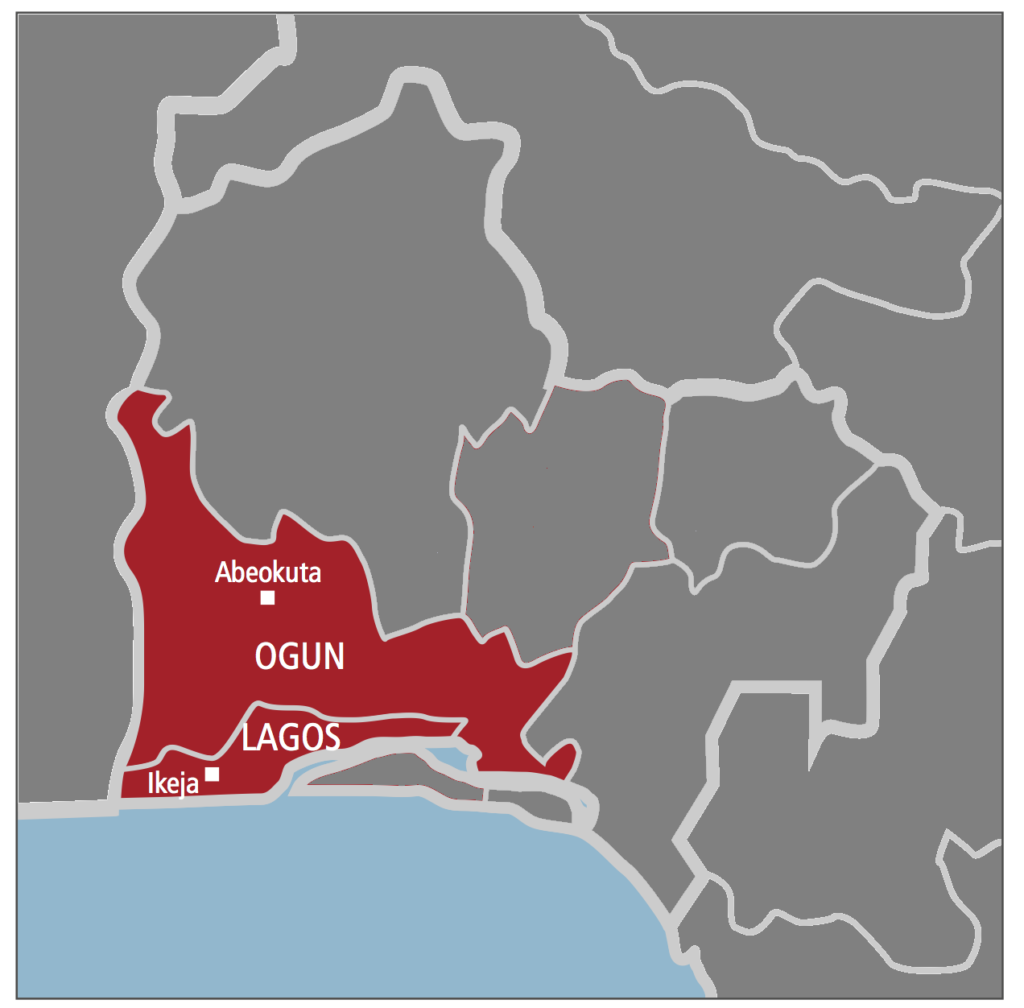The Coronavirus shouldn’t be news to anyone anymore with over a thousand news and information about this fast-spreading virus since the beginning of the outbreak in China and subsequent spread to other countries earlier this year, we all can agree that there is an overload of information on this topic hence one can easily be misled by inaccurate information. This drove me to explain to my community essentially what they need to know.
If you could follow some easy day to day guidelines the chances of getting infected in Nigeria are quite low as there have been two reported cases so far and after extensive medical detective work, people they have come in contact with have been isolated and under close intensive care. Be rest assured that you can still go visit that friend, or go to that gathering and network without feeling uneasy, all you need is the right hygiene principle. It is very interesting to note that contrary to media coverage, we have more life-threatening viruses and diseases to worry about but that’s definitely a story for another day. Since the report of the first conv-19 patient, I have to give a thumbs up to the Federal Ministry of Health, Lagos and Ogun state Health Ministries, their hold and control over this virus has been impressive.
What is Coronavirus ?
The coronavirus family causes illnesses ranging from the common cold to more severe diseases such as severe acute respiratory syndrome (SARS) and the Middle East respiratory syndrome (MERS), according to the WHO. They circulate in animals and some can be transmitted between animals and humans. Several coronaviruses are circulating in animals that have not yet infected humans. The new coronavirus, the seventh known to affect humans, has been named COVID-19. Common signs of infection include fever, coughing and breathing difficulties. In severe cases, it can cause pneumonia, multiple organ failure, and death. Affected Patients do not display any symptoms despite having the virus in their system. The incubation period of COVID-19 is thought to be between one and 14 days. It is contagious before even symptoms appear.
How do you stay protected ?
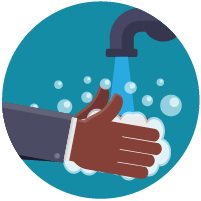
- Regularly and thoroughly wash hands with soap & water for at least 30 seconds, after you have been in a public place or after blowing your nose, coughing, or sneezing. If soap and water are not readily available, use a hand sanitizer that contains at least 60% alcohol. Cover all surfaces of your hands and rub them together until they feel dry. Avoid touching your eyes, nose, and mouth with unwashed hands,
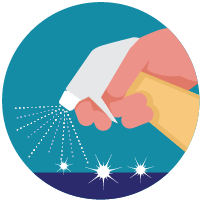
- Clean and disinfect frequently touched surfaces daily. This includes tables, doorknobs, light switches, counter tops, handles, desks, phones, keyboards, toilets, faucets, and sinks. If surfaces are dirty, clean them: Use detergent or soap and water prior to disinfection.
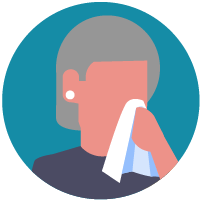
- Be sure you and people around you follow good respiratory hygiene, meaning, to cover the mouth and nose with a tissue if coughing or sneezing and disposing of used tissue immediately. Alternatively, use your bent elbow when you cough or sneeze, when no tissue is available. Immediately wash your hands with soap and water for at least 30 seconds. If soap and water are not readily available, clean your hands with a hand sanitizer that contains at least 60% alcohol.
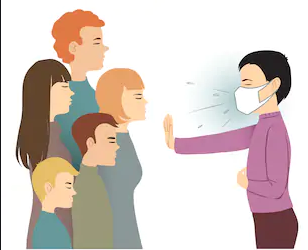
- Maintain at least 2 meters (5 feet) distance between yourself and anyone who is coughing or sneezing repeatedly. If you are NOT sick you do not need to wear a facemask. Perhaps you are caring for someone who is sick and they are not able to wear a facemask. Facemasks may be in short supply and they should be saved for caregivers.
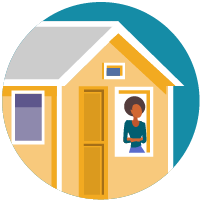
- Do not mingle with people or congregate, but instead stay at home if you feel unwell with symptoms like fever, cough, sneezing, or difficulty in breathing. You should wear a facemask when you are around other people (e.g. sharing a room or vehicle) and before you enter a healthcare provider’s office. If you are not able to wear a facemask (for example, because it causes trouble breathing), then you should do your best to cover your coughs and sneezes, and people who are caring for you should wear a facemask if they enter your room.
- Please call NCDC toll-free number which is available 24/7 for guidance- 080097000010.

- Do not engage in lengthy self-medication
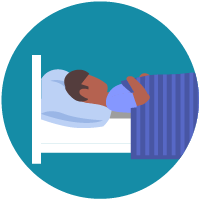
- Stay informed on the latest developments about COVID-19 through official channels including Lagos State Ministry of Health, Ogun State Ministry of Health, Nigeria Centre for Disease Control and Federal Ministry of Health.

Related posts
Recent Posts
Subscribe Now
* You will receive the latest news and updates on safety!

